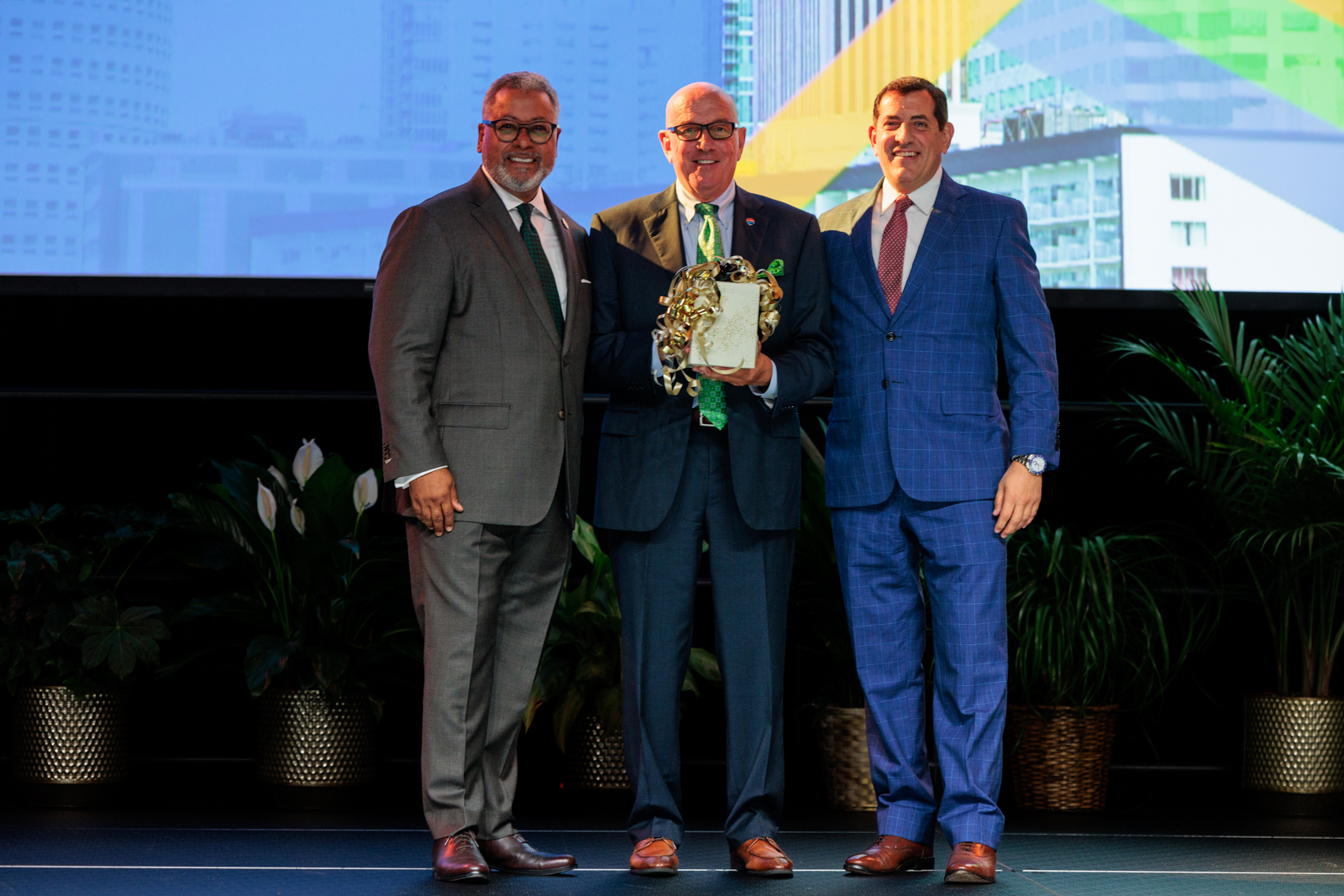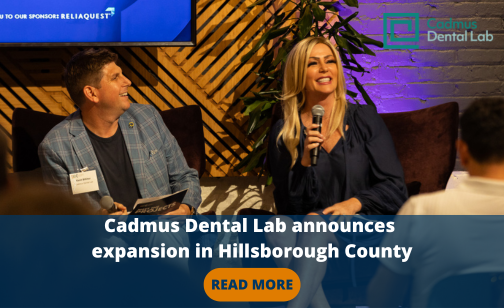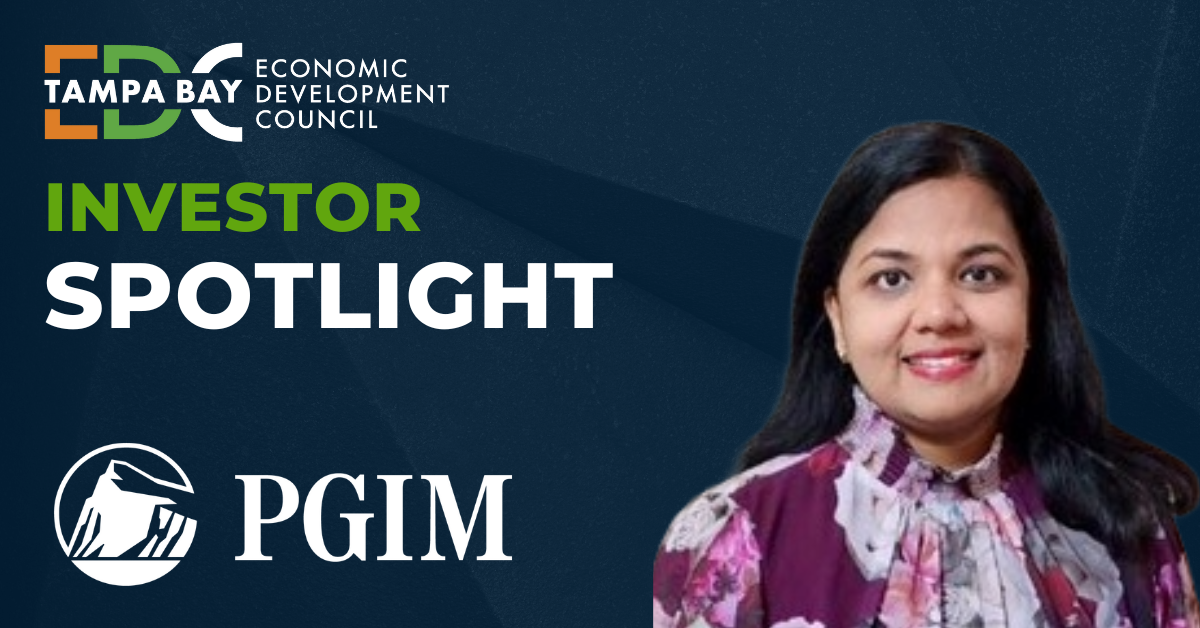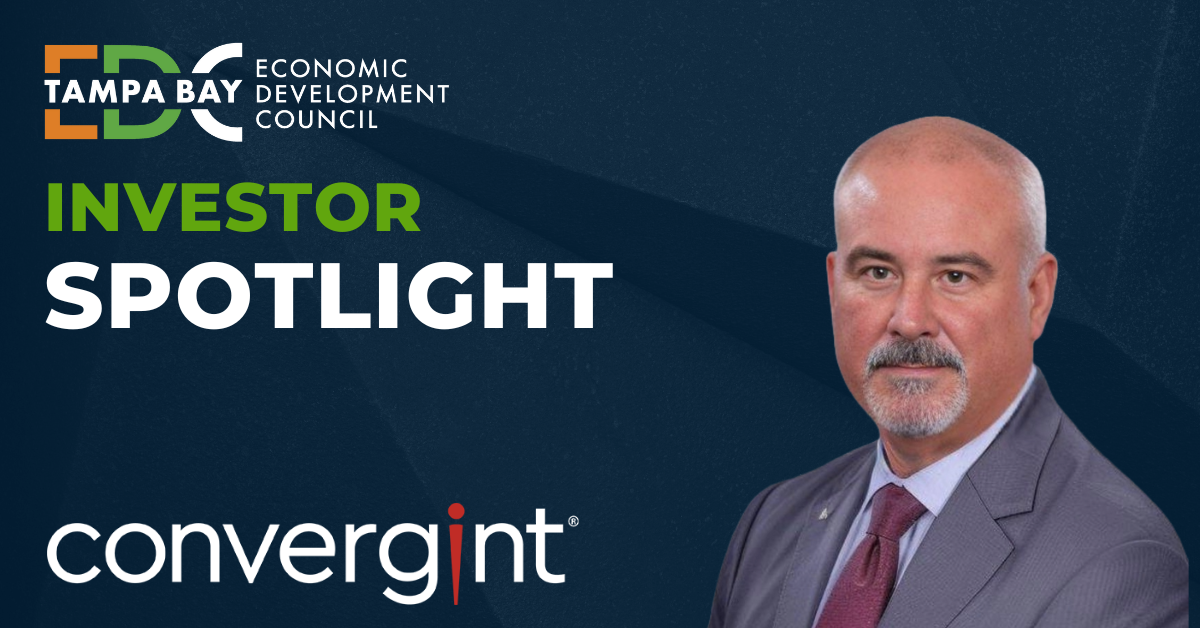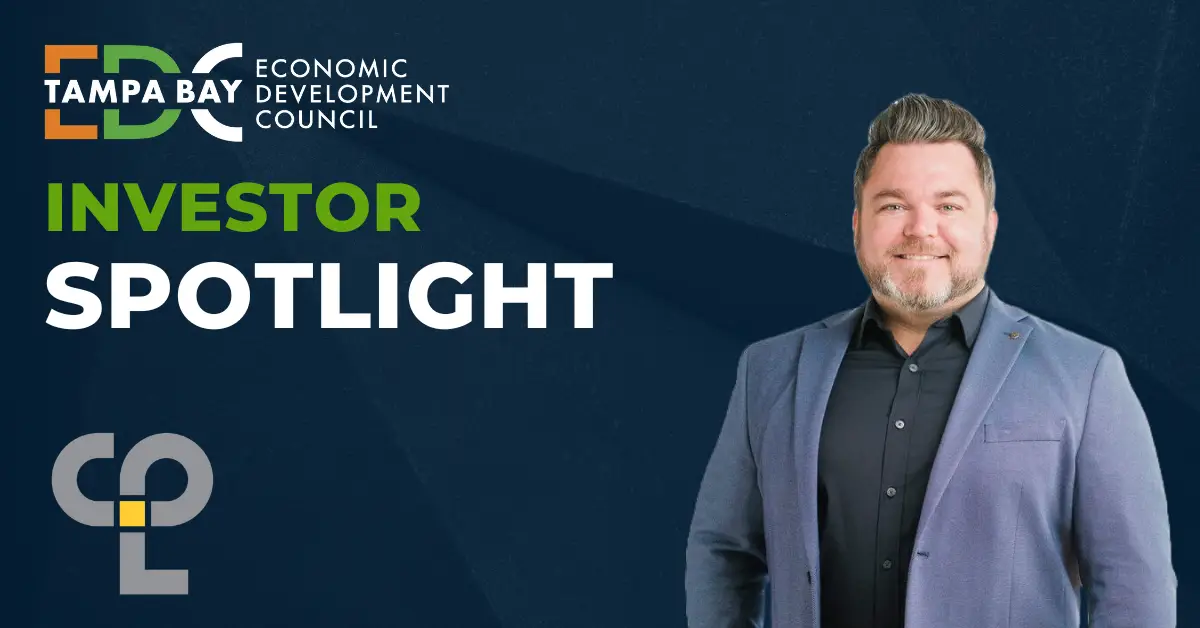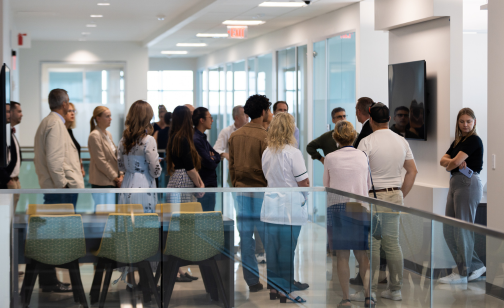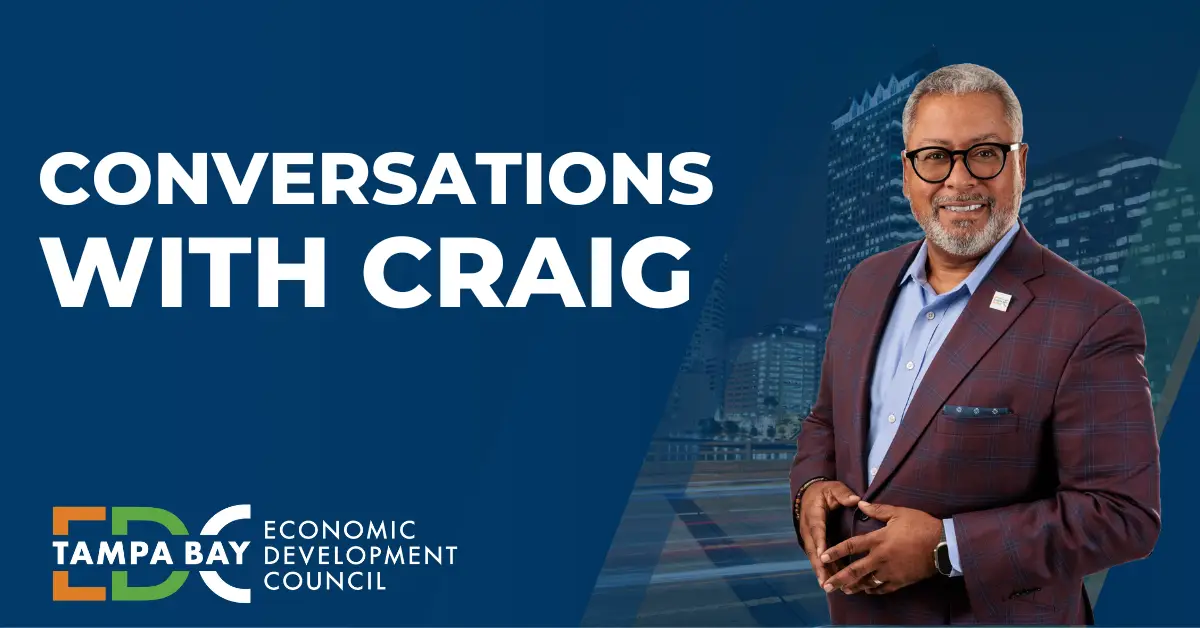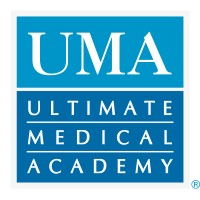
The need for skilled healthcare workers in the United States continues to grow. Ultimate Medical Academy (UMA) is an accredited, nonprofit educational institution with a 30-year history of helping to meet that need by equipping and empowering learners to do vital work at the heart of healthcare. In addition to offering degree and diploma programs, UMA works closely with healthcare companies to connect students directly to job opportunities.
With more than 15,000 students and more than 90,000 alumni nationwide, UMA offers hands-on learning at its main campus in Clearwater as well as content-rich, interactive programs through its online campus. The institution supports students through every step of their journey with access to academic support, interview and resume coaching, job search assistance, technical support and more.
Linda Mignone, Executive Vice President and Chief Marketing Officer
Linda Mignone is Executive Vice President and Chief Marketing Officer of Ultimate Medical Academy where she oversees brand, marketing, and communications and supports strategic new initiatives.
Since joining the institution in 2018, She has led the elevation and expansion of UMA’s brand across the country and has been integral in launching new enterprises like Nasium Training to help address the urgent talent needs of the healthcare industry.
Prior to joining UMA, Linda held executive leadership positions in marketing at companies that ranged from start-ups to Fortune 500 firms in industries including higher education, transportation and logistics, and hospitality. She has been a contributor to Fortune and CNN, and she serves as an advisor to Merci360 and other start-up incubator groups.
We’re hearing a lot about labor shortages in the healthcare industry, how is Ultimate Medical Academy addressing these talent needs?
The Bureau of Labor Statistics projects that the United States will need to train and hire 17 million healthcare professionals by 2031. This doesn’t just include doctors and nurses, but also millions of people in allied health positions who support the healthcare system — patient care technicians, ultrasound technicians, medical billing and coding specialists, phlebotomists, pharmacy technicians, medical assistants and so many others. Addressing this shortage will take all institutions of higher education who support healthcare training and employers across the nation working together on solutions. At UMA, we help individuals earn their diplomas and degrees in allied healthcare, as well as train others with shorter programs and certifications such as emergency medical technicians (EMTs). Working with our partners in hospitals, urgent care centers and others in both administrative and clinical roles, we gain unique perspective on what healthcare employers need. We believe our approach creates a ripple effect in communities leading to more talent in healthcare, showcasing care across the board. We find employees who see a path to career growth are happier and more likely to stay with an organization – reducing turnover and helping create better care for all of us.
As a longtime Investor, why do you feel it’s important for the local business community to continue to support economic development efforts?
We are proud supporters of the community’s economic development efforts. Companies and people have tremendous options for where they want to locate. I’d say even with the competition that exists, Tampa is a tough place to beat. A thriving and robust community benefits everyone. Businesses need to support community growth, as well as opportunities that enhance community vitality. This includes employers investing to help drive awareness, opportunities and infrastructure. We get closer to achieving those goals as a community when we work together.
What is the number one thing that you believe will impact Tampa Bay’s competitiveness in the coming decade?
Tampa Bay does a great job of staying competitive. Doing more by continuing to invest in education, healthcare, medical research, culture, and the arts will help drive community attractiveness. This coupled with a skilled and motivated workforce that sees opportunity and achievement are essential for the future. Education is the lynchpin. We should be mindful of the future. As the nugget of wisdom says: If your plan is for one year, plant rice. If your plan is for 100 years, educate children. This includes investing in schools – public, private, charter, higher ed, all of the above – because that is how the community grows a more skilled workforce, and thus grows our economy.
What is your favorite part about living in the Tampa area?
About 10 years ago, my husband and I began living in Tampa part time and six years ago we decided to make this our full- time residence. I immediately loved the whole of Tampa and all its diverse elements, including the history, small-town feel, historic buildings and all the opportunities for culture, entertainment, beaches and great restaurants. My husband and I love that our children and grandchildren live in Tampa. The community provides wonderful opportunities for family adventures, experiences and education. Tampa Bay is a region with the best of both worlds in so many ways. We have the vibrancy and culture of a big city plus all the beauty of nature nearby. We have major corporations and small-town start-ups. We have so many micro-cities within the city – downtown, mid-town, Ybor, Palma Ceia, Westshore and more. We have championship sports teams right next to parks where everyone can play ball. We have the best airport in the world. It’s no surprise that when people visit or learn about Tampa they are intrigued, and many want to call it home.
